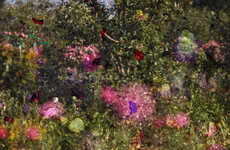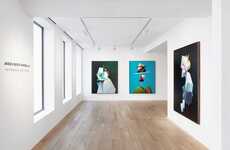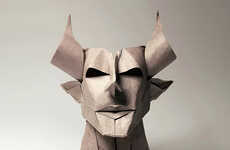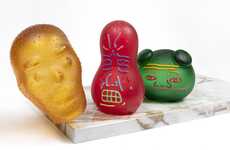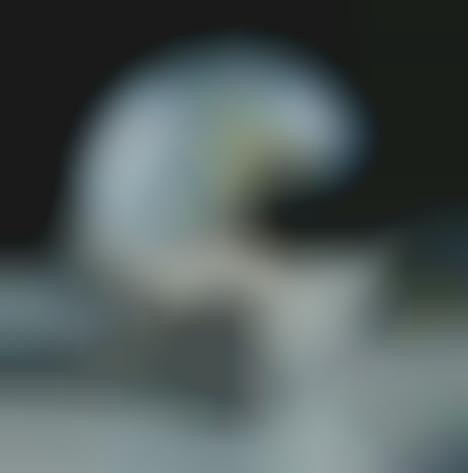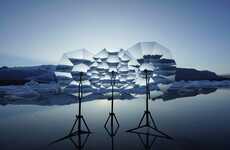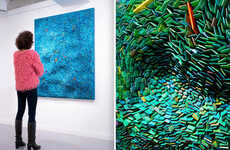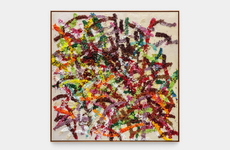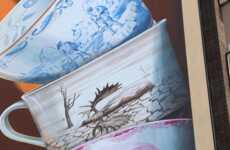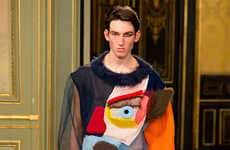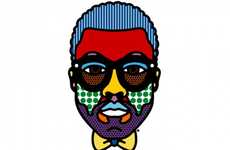
Jason De Graaf is a Master of Verisimilitude
Josh Triantafilou — March 25, 2012 — Art & Design
References: jasondegraaf & thejailbreak
Jason De Graaf is a painter with an incredible eye for detail. It is with traits such as these that the artist is able to create the paintings featured here.
Even if one closely inspects each piece, it is still difficult to admit that they are not photographs. However, Jason De Graaf does not intend to merely portray a scene faithfully; he notes on his blog that he seeks to explore alternate realities through his pieces. The realism he captures in each piece is enough that one could easily believe that the scenes De Graaf depicts are the real deal.
For those who want to be deceived when it comes to art, check out these paintings to be blown away.
Even if one closely inspects each piece, it is still difficult to admit that they are not photographs. However, Jason De Graaf does not intend to merely portray a scene faithfully; he notes on his blog that he seeks to explore alternate realities through his pieces. The realism he captures in each piece is enough that one could easily believe that the scenes De Graaf depicts are the real deal.
For those who want to be deceived when it comes to art, check out these paintings to be blown away.
Trend Themes
1. Photorealistic Painting - There is a disruptive innovation opportunity for companies to create new tools, software, or technology that can accurately emulate photorealistic art with greater ease and efficiency.
2. Realistic Virtual Reality Experiences - There is a disruptive innovation opportunity for industries like gaming or real-estate to create immersive virtual reality experiences that can replicate photorealistic art pieces in interactive 3D environments.
3. Augmented Reality Art - There is a disruptive innovation opportunity for companies to create an augmented reality platform or app that can project photorealistic art pieces as a digital image overlay or 3D model anywhere.
Industry Implications
1. Art Galleries and Museums - Art galleries and museums can showcase photorealistic art exhibitions powered by augmented reality technology, creating immersive experiences that attract visitors constantly.
2. Interior Design - Interior design companies can use these photorealistic art pieces as a base for custom design work or 3D renderings for their clients to visualise finished interior design projects.
3. CGI Animation and Film Production - Animation and CGI film production companies can collaborate with artists creating photorealistic art to bring 2D paintings to life in 3D animated films, tv, commercials and video games.
3.1
Score
Popularity
Activity
Freshness

